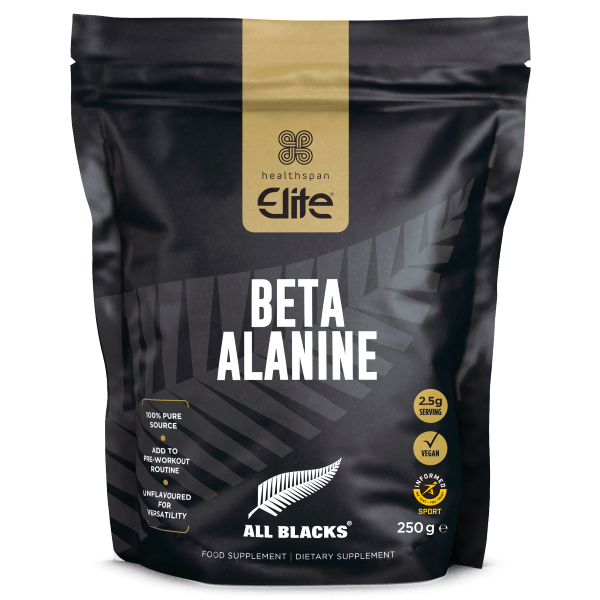You're exhausted and can hardly put one foot in front of the other, yet you're restless at night and aren't sleeping properly. You feel you ought to hit the gym, but the thought of it doesn't fill you with the usual enthusiasm, and the slightest thing makes you irritable.
No matter how hard you push yourself, your strength seems to be diminishing instead of increasing. You seem to be catching every bug that's going round and you can't seem to shake off the muscle soreness from each session like you usually can.
If this all sounds familiar, you have the classic signs of over-exercising. It happens to most people who strength train at some point, and the reason is not hard to find: your body simply isn't getting the recovery it needs.
How much rest should you be getting?
How much recovery you need isn't a precise science: everybody's limits are different. The chances are you know someone who trains daily without appearing to suffer ill effects, and another who burns out on five days a week in the gym. Your body's capacity to recover from training also depends on what else is going on in your life - how much stress you're under, how well you're eating and how much sleep you get.
What is certain is that as soon as you recognise the signs, you should not force yourself to push through it. Failing to address the issue can lead to overtraining syndrome, which is more serious and can take much longer to recover from. What's also clear is that spotting the signs early and acting quickly is just as important as making gains, and is integral to your strength training progress.
Fatigue and irritability
This is probably the earliest and most obvious sign of over-exercising. Where normally a workout gives you a buzz, suddenly you find it has the opposite effect, and it often goes hand in hand with not sleeping well. Sleep is vital for strength training: giving the body time to repair the damage lifting heavy weights causes. It is this process which leads to increased muscle mass, and in turn increased strength.
Magnesium is a key nutrient in your diet, which helps you to sleep and relax. It's found in leafy green vegetables, legumes, nuts, seeds, whole grains and milk products, plus some fortified foods such as breakfast cereals. If in doubt, a supplement may be helpful.
A good source of melatonin will also help you sleep. It's found in a variety of foods including pineapple, oats and bananas. For those willing to try something more unusual, research1 shows that melatonin-rich sour cherry juice can help improve your sleep. In one study, participants slept an average of 84 minutes a night more when they were consuming cherry juice on a daily basis.
Muscle fatigue and soreness
It's no surprise your performance has deteriorated: your muscle strength can be directly affected by overtraining. In one study2 of weightlifting males, the one rep max of the group who overtrained was significantly reduced. Over-exercising can also slow down your muscles' recovery time, so you always feel sore.In addition to cutting back on your training, consider adding green tea (or green tea extract) to your diet. It has been shown in studies to help not only with overall cardiovascular and metabolic health, but also to protect against exercise-induced oxidative damage3 and to reduce muscle soreness.4 To get its maximum benefits, it is best taken alongside quercetin, a flavonol found in many fruits and vegetables.
An amino acid supplement5 which is high in BCAA (branch chain amino acids) may help to reduce training-induced increases in muscle tissue damage. When strength training your levels of the amino acid glutamine may also be lowered, which of course is exacerbated by overtraining. Glutamine is essential for protein synthesis in the body and is therefore important in helping gain strength and muscle mass. To restore your glutamine levels, consider using a supplement even in your period of rest from training.
Compromised immunity
If you keep coming down with coughs and colds, your immune system may have been compromised by overtraining. As well as resting, try a supplement containing maritime pine bark extract, an antioxidant thought to stimulate the immune system, which may help restore your body's ability to fight off bugs. In addition, an ALA (alpha-lipoic acid) supplement will help restore glutathione, which is necessary for your body's immune system to function properly. If you do come down with a cold, the best-documented way to reduce the length of time it takes to recover is to take vitamin C, ideally combined with zinc. Before you know it you'll be fit and ready to hit the weights again, working your way back to strength.
What should you do about it?
The first and possibly the hardest, step you need to take is to ease back on your training. Ideally you should take a complete break for a few days to see how you feel. After a complete break from training you should start to space out your workouts, and allow yourself greater recovery time until you're feeling better - only then should you review your overall training plan.
In the meantime, you can benefit from light exercise such as walking and you should make sure your diet is as nutritious and wholesome as possible. Getting a good balance of protein and carbohydrates is important, but don't neglect the vitamins and minerals in fruit and veg either. If you think your diet may be inadequate, consider taking a multivitamin and mineral supplement.
There are also more specific things you can do and supplements you can take, to address the individual symptoms you may be encountering. It's important to note that none of these should be used as an alternative to addressing the root cause of the problem - the need to let your body recover.
And finally...
Above all, get into the habit of listening to your body. You will be the best judge of when it's right to get back into the gym and whether you're starting to overdo it. Finding the right training schedule for you individually is the best way to make gains and being unduly hard on yourself isn't the way forward. Your body will thank you for supporting your hard work with good nutrition and proper rest.

Elite All Blacks Beta Alanine
100% pure source of beta-alanine to supplement your pre-workout routine
- Pure, unflavoured source of the amino acid beta-alanine
- Plays a vital role in the production of carnosine, which buffers lactic acid
- Suitable for plant-based diets







